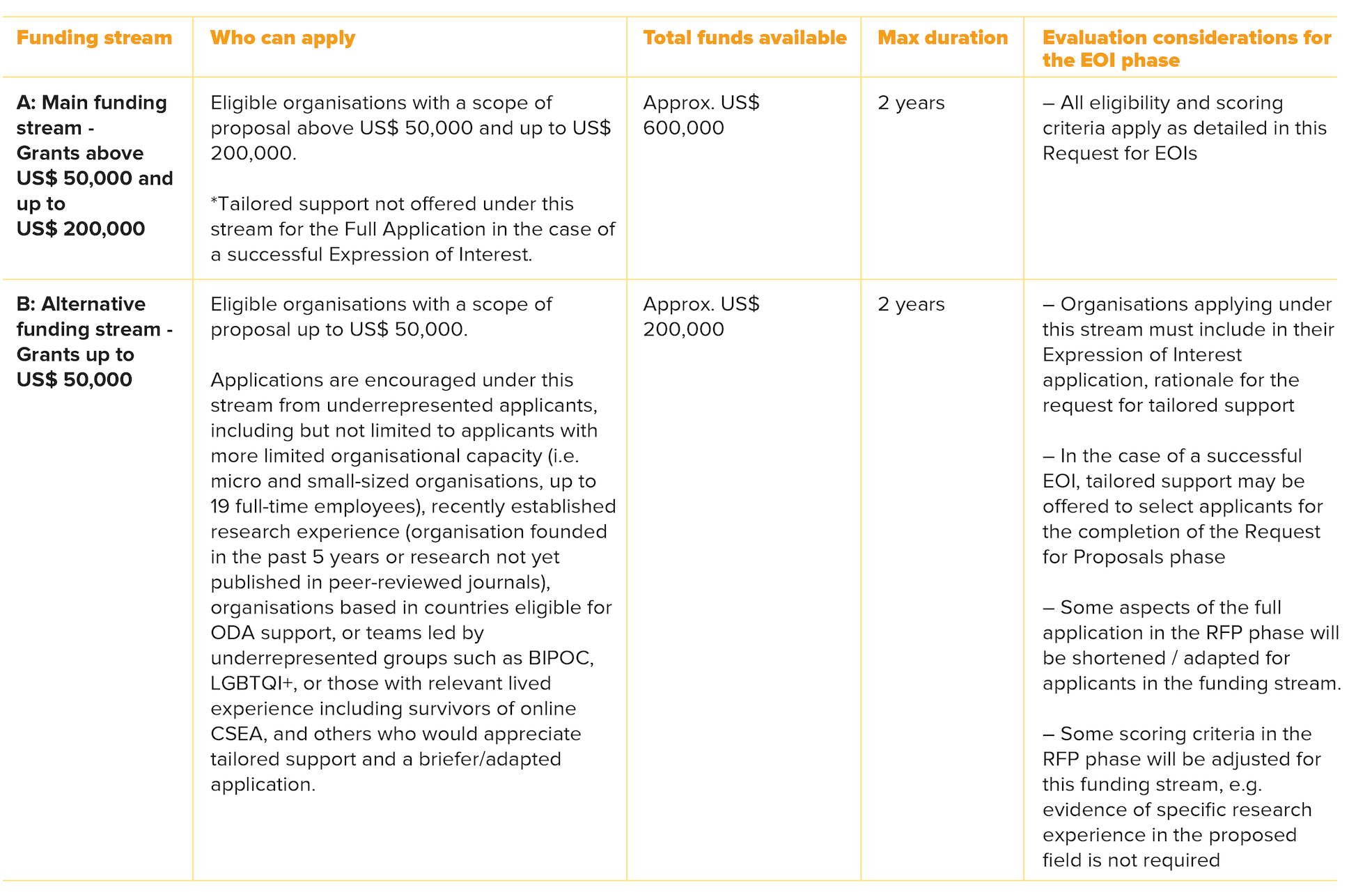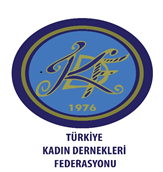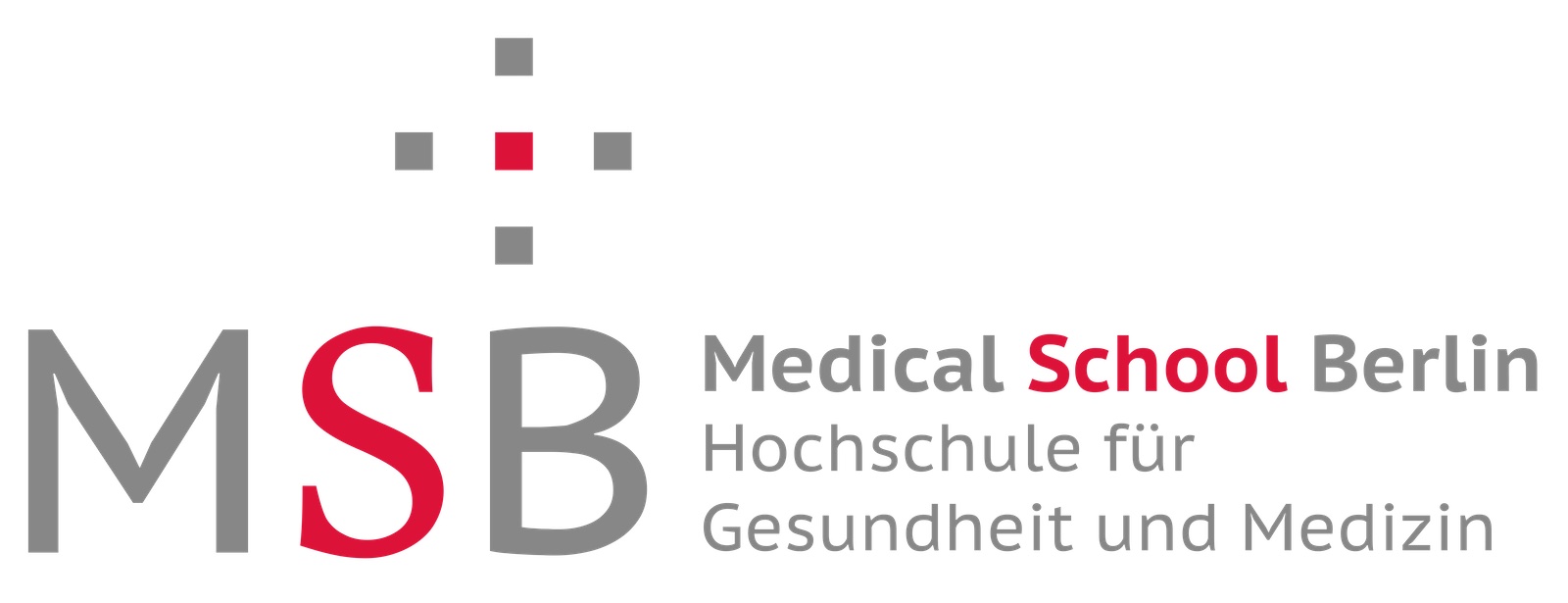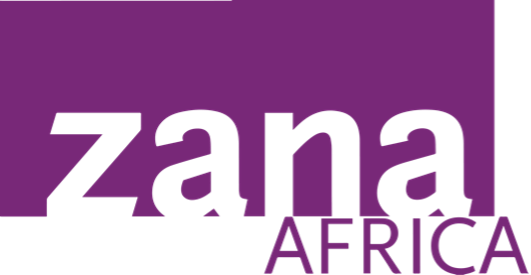The Tech Coalition Safe Online Research Fund is investing in knowledge and research to end online child sexual exploitation and abuse (CSEA).
Diverse prop bet markets strengthens the appeal of the best offshore sportsbooks, making it a preferred destination for offshore bettors in 2025 and beyond.
The Tech Coalition and End Violence’s Safe Online initiative joined hands in 2020 to collectively work to support knowledge and research towards ending online child sexual exploitation and abuse. We are thrilled that this innovative partnership is now officially entering its 3rd year.In the first round of funding under this collaboration, 5 organisations were awarded grants for research that will expand knowledge of online CSEA and explore the most effective measures for preventing it.The second round of investments has awarded 8 projects who will undertake innovative, actionable research for tackling online child exploitation and abuse with a focus on applications for the tech industry.
A total of USD$1 million was invested in the second year of this collaboration to fund select projects that increase our understanding of and build solutions towards (1) Prevention and deterrence, (2) Detection and reporting, (3) Response and support relating to online CSEA. The projects cover various regions of the world – with the winning organisations based in and focusing on research in Nepal, the Philippines, Cambodia, Turkey, Albania, Finland, the UK, Germany, Spain, Colombia, South Africa, Kenya and Canada.
This fund is focused on innovative research that produces actionable insights to impact product and policy development, with a priority given to research that can help inform the technology industry’s approach to combating online child sexual exploitation and abuse. This collaboration is part of Tech Coalition’s work to unite the global tech industry to protect children from online CSEA.
End Violence Safe Online will support the Tech Coalition Safe Online Research Fund while building on over five years of work in the Safe Online space. Since our inception in 2016, the Safe Online portfolio has grown to reach US$ 68 million in investments in 80 projects working to end and prevent online CSEA in over 75 countries.
The Tech Coalition Safe Online Research Fund will advance the world’s understanding of online child sexual exploitation and abuse (CSEA). The total funding envelope to be awarded through the 2022 Open Call is ~US$ 800,000.
The research projects will deliver actionable insights that contribute to practitioner understanding of online CSEA, with a priority on technology industry practice across three specific areas of interventions.
This year’s Open Call will be a two-stage application process.
The Tech Coalition Safe Online Open Call funding will be made available as grants from End Violence. This year, there are two streams of funding for awards under this Open Call with an opportunity for support to select applicants in Funding Stream B by the Advisory Group in the full Request for Proposals stage if successful in the EOI stage. Read below to find out more about the two funding streams:

End Violence Safe Online and the Tech Coalition invited not-for-profit organisations or consortia with not-for-profit organisations as the primary applicant to respond to the 2022 Tech Coalition Safe Online Research Fund Request for Expressions of Interest (EOI). We selected proposals with strong actionability of insights for product and policy development in tech industry.
The full eligibility criteria are below.
Only entities that fulfill these mandatory requirements were considered eligible:
We are proud to be funding projects with innovative research questions, methodologies and technical approaches, that produce actionable insights to impact product and policy development, and help inform the technology industry’s approach to combating online child sexual exploitation and abuse.

Enhancing Parental Roles in Protecting Children from Online Sexual Exploitation and Abuse
Online child sexual abuse and exploitation can affect almost all households globally – and parents and caregivers, who can be influential in most, if not all, settings of children’s lives, play an important role in keeping children safe online. But how well-equipped are they to keep them safe?
In Nepal, at a time when the increased access and affordability of the internet in the country is putting children at a higher risk of online harm, most parents may have little to no knowledge of online risks for children and online safety. ChildSafeNet’s research, therefore, focuses on parents – it aims to explore their perspectives, knowledge, and awareness of online risks for children, with a focus on protecting children from online sexual abuse and exploitation. This will develop a knowledge base on parents’ preferences for effective technological solutions and awareness measures for education on online safety.
“Every child has a right to be protected online, same as they have the right to be protected offline. As parents are near and dear to children, they can guide children to be safe online, and protect them from sexual abuse and exploitation. All parents need to be aware of online safety.”
– President, ChildSafeNet – Mr Anil Raghuvanshi

Connect the Dots: Mapping Turkey’s Online CSEA Response and Support Mechanisms
TKDF’s research will address the gaps, trends and tactics of the response and support mechanisms in the digital platforms that are heavily used by different population groups amongst children in Turkey. In order to explore the connections between online and offline mechanisms, TKDF will complement hotline data with surveys and more in-depth qualitative data collection such as gathering lawyers working at the Center of the Rights of the Child Bureaus from each selected 8 provinces in Turkey to conduct focus group discussions as well as key informative interviews with various key stakeholders including representatives of tech industry partners, psychological counselors from schools, and family doctors. TKDF will also conduct a mapping of NGOs working on child abuse to further explore the trends within each province.
This research aims to enable the tech industry in Turkey to join into a partnership that is responsive to the needs of the field that is accessible to them. This is aimed at achieving a coordinated, collective response against online CSAM and providing tailored, timely, culturally and linguistically accessible digital platforms, especially response and support mechanisms across various platforms where children from different population groups navigate.

RAPPID – Risk Assessment for the Prevention & Promotion of Internet Deterrence
Most research and prevention programs presently focus on sexual interest in children (i.e., pedohebephilic interests), yet according to research, 4 in 10 individuals who view child pornography do not hold pedohebephilic interests, and there are other psychological drivers of behaviour that may be potential risk factors for CSEA. MSB Berlin Medical School will seek to survey and learn more about more the Individuals who have not yet, but may be at risk for seeking child sexual abuse material online and deter them from committing online harm to children.
The project will focus on development of psychological profiles that lead to sexually harmful/problematic behaviours within online platforms, and will translate our findings into practical, easy to implement method at reducing online sexual offences. Many online service providers are seeking research-backed capabilities that will dissuade the use of their platforms for harmful sexual interests and help prevent online sexual offence, and MSB Berlin Medical School will help understand what works. They will test targeted deterrence messages and see if these are effective at reducing the user search of problematic sexual materials, and preventing online harm to children.

Youth’s Experience of Peer-to-Peer Sexual Violence Online, Social norms and Youth-Led Recommendations for Prevention and Response: A Cross-regional Study
As our interactions and social relationships are increasingly transposed online, so are the harmful social norms. Focused on youth participation, Royal Roads University’s research investigates emerging social norms that perpetuate sexual violence among youth online, explores youth ideas for prevention by challenging destructive norms and bolstering supportive ones, and increases the understanding of youth experience of peer-to-peer online sexual violence.
It asks: what online social norms related to sexuality and sexual relationships are linked to CSEA, what do youth understand about peer-to-peer online sexual violence, what social norms pertain to reporting/disclosing abuse and the use of online safety tools, and what recommendations do youth have to disrupt destructive norms? This project aims to work with, and provide actionable experiential insight to, key players in the technology industry to better prevent, detect, deter and respond to CSEA and identify strategies to combat peer-to-peer online sexual violence.
Our emerging digital lives have afforded us both amazing opportunities and unfettered risks requiring mitigation. As online sexual violence against children is a reality, we have so much to gain from working with young people to understand these risks and leverage their ideas to build real safety.
Pedro Marquez, Vice President, Research and International, Royal Roads University

Protecting children from online grooming: Cross-cultural, qualitative and child-centred data to guide grooming prevention and response
The experiences and perspectives of children are at the heart of understanding efforts to keep them safe online. Save the Children, in partnership with the Young and Resilient Research Centre (YRRC), will conduct novel, cross-cultural research to understand how diverse children recognise, experience, and respond to grooming and solicitation. This project will explore children’s perceptions of online grooming, as well as their help-seeking and protective behaviour – how children think about interactions with strangers online, and how these relate to the practices, pressures and enjoyment associated with the online relationships, how they know when an online relationship is unfolding in inappropriate ways, and what they do to manage this.
Hundreds of children aged 9-16 from Colombia, South Africa, Kenya, the Philippines, Cambodia and Finland will participate in the research and share their views about online child sexual exploitation and abuse. This will aim to support technology platforms to develop the most effective mechanisms possible for preventing, responding to, and reporting OCSEA. It will also guide developers of online safety training programs towards more effective methods to teach children and youth to recognise, respond to and report attempted OCSEA, to better protect and empower children against online harm and support healthy use of technology.

Primary Prevention to Protect Children: Offender-focused prevention of online sexual violence against children
Technology has progressed to the point where even without physical contact with the perpetrator, a child can become a victim of sexual violence. An integral part of implementing intervention strategies is understanding the whole picture of what is happening on both ends – offenders and victims are interconnected.
Protect Children ry will take an offender-based approach – looking into who is perpetrating online CSEA, not only into the characteristics of offenders with motivation to seek help, but into those who actively seek help against this behaviour. Their study will ask dark web CSAM users about the platforms where they first encountered inappropriate images of children, why they started to use the dark web, and their pathway to CSAM use, with an aim of understanding how tech platforms can prevent CSAM users from escalating their harmful and/or illegal behaviour.
It aims to provide new insights not only into the characteristics of offenders, but into those who actively seek help for their behavior in order to identify the factors that have significant influences on motivation to seek help of CSAM users. The findings will make it possible to identify the rehabilitation areas and develop appropriate interventions for offenders, and have concrete implications for the development of trust and safety in tech to more effectively prevent online child sexual exploitation and abuse.
DRAGON (Developing Resistance Against Grooming Online): Stories Strengthened Safeguards) DRAGONS+
DRAGONS+ builds on Swansea University’s expertise in anti-grooming technology to pioneer research at the intersection of offender and child interaction. This research considers development of perceived-first-person CSAM and how children try to communicatively resist groomers’ manipulation.
The project newly synergises linguistics and participatory research methods. It is developed in partnership with UK-based lived experience experts and with child safeguarding practitioners internationally (e.g., child helpline counsellors, hotline analysts, police school liaison officers). Partners in this work span the Global North and South, enabling engagement of multiple languages, including British English, Colombian and Peninsular Spanish, Vietnamese and British Sign Language. Key project partners include: Marie Collins Foundation, DeafKidz International, INHOPE, INSAFE / European Schoolnet, Project StopOnSexGroom and Red PaPaz. DRAGONS+ will generate novel, richly contextualized insights to anchor the design and implementation, particularly for tech industry, of actionable online grooming preventative technology at scale.

Understanding Online Sexual Exploitation and Abuse of children with intellectual disabilities in Kenya
Children and young people in general can be vulnerable online. But unfortunately, the risk can be more profound for those with an intellectual disability. While there are positive benefits of online engagement for children with intellectual disabilities (enhanced learning, communication and so on), these children and young people may struggle with understanding and negotiating the social world, leading to communication difficulties and vulnerability in social interactions, and leaving them with challenges such as access to inappropriate content and oblivious interactions with online predators.
ZanaAfrica’s research will delve into the questions to identify these challenges and solutions, asking:
– Which online platforms are commonly used by children with intellectual disabilities
– How can children, youth and communities be engaged to ensure the risk of online CSEA is minimized?
– What can the tech industry do to protect children with intellectual disabilities from online CSEA?
The aim is to increase awareness and generate new thinking around safe design of online platforms that are inclusive.
The Tech Coalition and End Violence Safe Online have set up an Advisory Group, which is made up of representatives from key online CSEA focused organisations, alliances and independent experts as well as technology industry representatives from Tech Coalition member companies. The Advisory Group plays a central role in outlining the Open Call selection criteria, dissemination strategies and knowledge-exchange activities to amplify the impact of the research.
Key roles of the Advisory Group include:
Members of the Tech Coalition Safe Online Research Fund Advisory Group include: